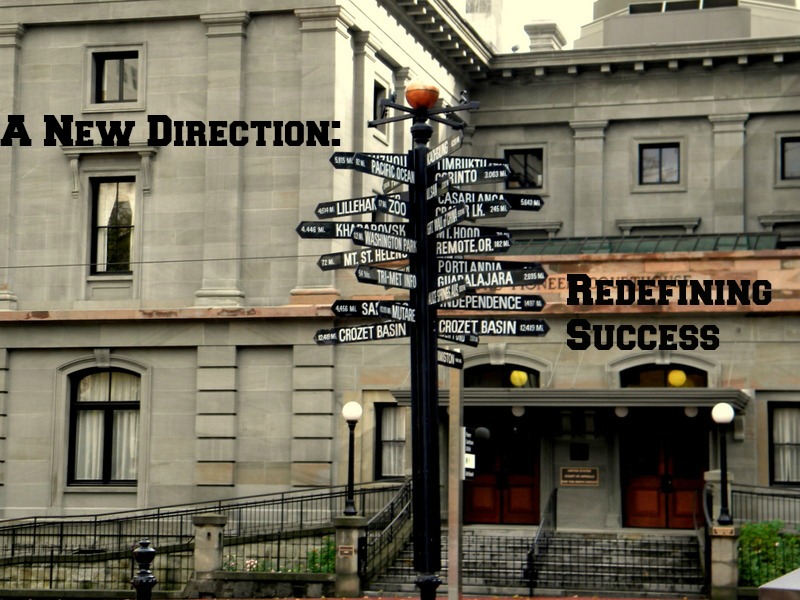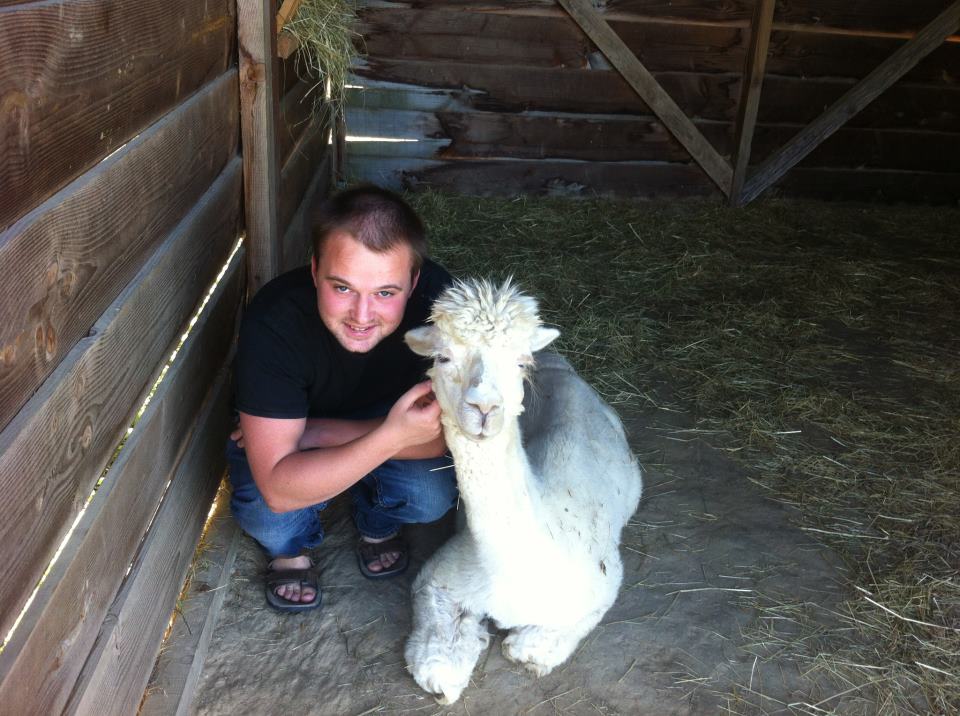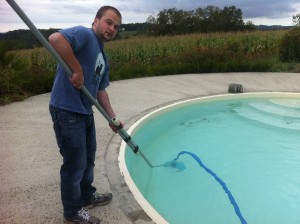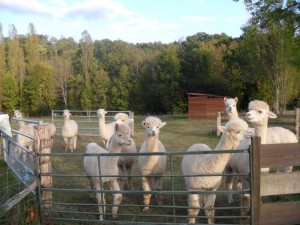 One thing I keep reading over and over again about goal-setting is that it is important to make your goals known to other people – that way they can hold you accountable to them. One way it has been recommended to do this is making it public: telling every person you meet, posting about it on social media (and posting about your progress), and/or writing on your blog or website about the goal.
One thing I keep reading over and over again about goal-setting is that it is important to make your goals known to other people – that way they can hold you accountable to them. One way it has been recommended to do this is making it public: telling every person you meet, posting about it on social media (and posting about your progress), and/or writing on your blog or website about the goal.
I think all of these are terrible ideas.
Here’s 3 reasons why:
1. It’s all talk, no action
Sure, it’s really great to get excited about a project or goal and then run around telling everyone you know so that they can be excited with you. And ideally, this means that when you run into one of these people three months later at Earthfare and they ask you how your beekeeping extravaganza is going, you’ll be able to say “I have a whole acre of beehives!” and not “Oh…that old thing…uh, that was just a couple of days I wanted to do that, it kinda fizzled out once I remembered I am terrified of bees.”
I’ve done this often enough, and honestly I am tired of telling people about an idea I have, only to have later moved on while they still think I’ve really got my shit together this time. Talking about something I’m pumped about, just to get myself pumped more and, you know, hopefully eventually propel myself to action? It hardly ever works.
When I’ve got something going on, when I’m in the thick of it, perhaps that’s when I can start talking about it. Because now it’s real, it’s tangible, it’s not just another idea I’ve had this week.
2. Involving others to that extent makes it about how people view me, not how I view myself
Suddenly, I start relying upon the feedback I get for the idea, for the progression of the project, and for the finished product, as the only reason I am doing what I am doing. “Ooh, how many ‘likes’ did I get for my new mailbox garden or the eighth-inch I’ve gained in my biceps??” and “Oh man, SO many people have shared my video on what I’ve learned about soldering, it feels good.”
These are NOT bad thoughts to have. Almost all of us crave positive public opinion to some degree or another (and, obviously, making a video about soldering techniques is a great way to create a deliverable). But if this feedback is the only driving force behind something we’re working on, we seriously need to reexamine our priorities.
In my own case, I know if I let people’s opinions take over as my sole driving force, I really lose any motivation at all and start wishing nobody knew about a project, because it’s become all about them and not about me and what I want to accomplish for myself.
Like I said, there’s nothing wrong with wanting feedback; likewise there’s nothing wrong with wanting to make people happy: writing a book is helpful and/or entertaining for people; planting a garden makes people smile when they come over to your house; working out gains a community of like-minded individuals with similar interests with whom you can swap interesting tips and strategies with. Just don’t forget to find the drive for what you do primarily within yourself, or you and your project will most likely fade.
3. If accountability is needed, it works way better on a small scale
The entire world does not need to be your accountability system. However, that doesn’t mean accountability is bad. Instead, try having one friend, maybe two. An accountability buddy will be much better help than everybody you’ve ever known.
Accountability is a symbiotic relationship. Not only will an accountability buddy help you stay on task, but you likewise help them. They hold you to the goal or goals you have chosen, which means you want to make sure that you are very intentional with the ideas you pick to become goals. They can help you map out how exactly to accomplish these goals so you have steps to follow and mile markers to, as you reach them, report back to your accountability buddy. Because accountability is usually one-on-one, your partnership will push you to accomplish your goals not for shallow displays of public recognition, but for true praise (or true critique, especially if your follow-through was lacking that week) from one person who is as invested in your projects and goals as you are. And you do the same for them.
Still think making it public is a good or even better idea? Had a good experience with making it public, one-on-one accountability, or another way of keeping yourself on task? Need help starting an accountability partnership? Leave a comment!















